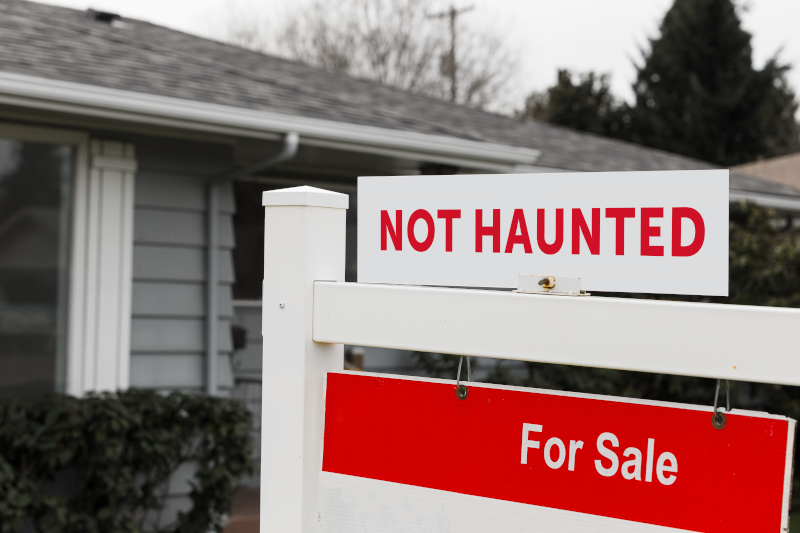
The old adage 'Spill Yer Guts' applies when it comes to selling your home.
To be clear, you do NOT need to disclose any personal information, only pertinent information about the house and property.
When you sign a listing contract with a REALTOR® you will also be presented with a Property Disclosure Statement to fill out. This is your opportunity to let a buyer know what you know about the property, and it shows the buyer that you are willing to be thorough and upfront during the sale.
This honest approach can go a long way toward giving the buyer peace of mind, which is often the most important aspect of a sale.
Should an issue arise, the completed PDS may save you, as the seller, a lot of time and money if you can prove that you’ve disclosed everything you know about your home.
Because you are responsible for the accuracy of the disclosures you make, care should be taken in all representations so that they are not false or misleading. However, the Property Disclosure Statement is not meant to be a complete history of the property nor the present condition of the property - it's a reflection of what you know about the property.
Caveat Emptor still applies here and it is always advisable for a buyer to have an inspection by an experienced professional.
The next layer in the disclosure process is a Material Latent Defect form. Latent defects are defects that are not visible upon ordinary inspection, but which materially affect the property’s use or value.
Common law states that if the seller is aware of the latent defect and it would either make the home unfit for habitation or threaten the buyer’s health or safety, then the seller must disclose this defect.
If you are aware of any Latent Defect and you ask your Realtor to withhold this information then sadly this is where you and your agent must part ways. While Realtors must follow all the lawful instructions of their client, instruction to withhold a material latent defect is not considered lawful.
What about 'stigmas' such as death in the property or ghosts?
A seller is not required to disclose the existence of a stigma in the property, which may be an issue for one buyer but not another. If buyers have personal concerns such as death, ghosts, allergies, etc. that would affect their decision to buy a property, the onus is on them to inquire, by way of a specific rather than general question, as to whether those conditions exist.
Your Realtor is under no obligation to voluntarily disclose information about stigmas. A Realtor should only disclose a stigma if the buyer or buyer's Realtor directly asks and then, only if the listing Realtor has permission from their seller to disclose that information.
Again, sometimes you may not even be aware of a stigma if something happened in your home long before you owned it. Therefore, buyers are always advised to do their own investigation and due diligence if it's something that's important to them.
To summarize, as with anything in life, honesty is always the best policy. The more you share, the more informed a buyer will be. An informed purchaser can then make a clear and confident decision on whether or not your home is the right one for them.
If it's not, that's okay, let them move on so the person your home is the best match for can move in :)
